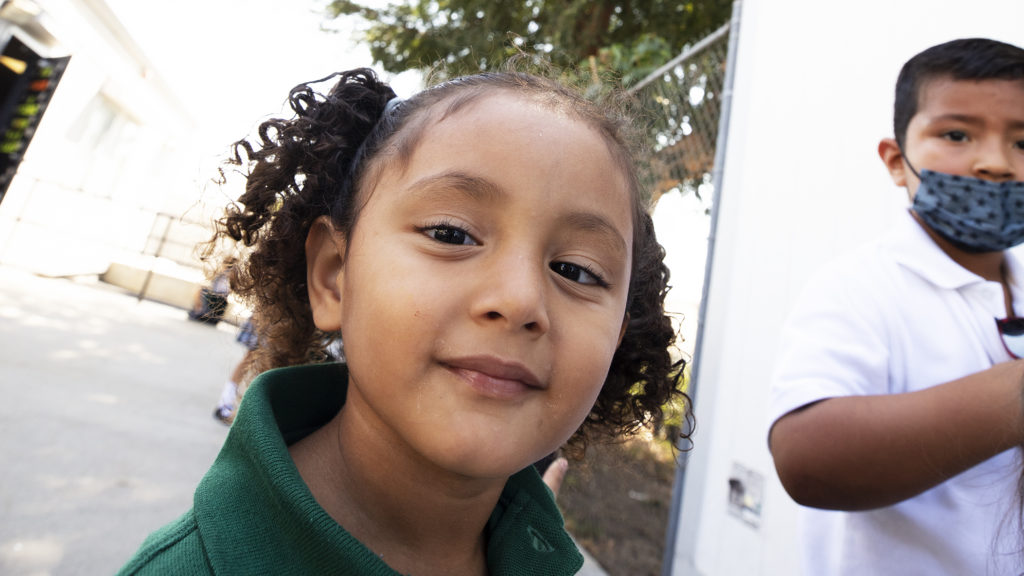It's been a year since Boston College released the results of "Cultivating Talent: A Summary of Findings from the National Study Examining Pathways to Increase the Presence of Hispanic Teachers and Leaders in Catholic Schools." My colleague Dr. Melodie Wyttenbach and I served as the principal investigators for the project.
Much has happened during this time. More than 100 Catholic leaders met last October at Boston College for a national summit on Hispanic Catholic educators. In December, the Journal of Catholic Education published a special issue based on the study (accessible without cost).
Blogs, podcasts, interviews, presentations, magazine articles and many conversations have engaged the results of the study during this time. The conversation is just beginning.
Why must the conversation about the need to increase the number of Hispanic teachers and leaders in Catholic schools continue? Why should we support these educators? Here are three main reasons, which are spelled out in more detail in the "Cultivating Talent" report.
First, demographics. Yes, knowing who we are today can help us plan better for tomorrow. About 45% of Catholics in the United States are Hispanic. So is nearly 60% of the school-age Catholic population. Catholic school populations need to keep working at mirroring the population in our Catholic parishes and neighborhoods. In many corners of the country, that population is Hispanic.
Increasing the Hispanic population in Catholics schools cannot be limited to student enrollment. We need more Hispanic teachers and leaders as well. They serve as role models for all students, particularly Hispanic students.
Any Hispanic student should be able to say, "One day I want to be a teacher -- or a leader -- like my Hispanic teacher." Seeing oneself reflected in those we admire is important. That includes finding connections on matters such as race, ethnicity, culture and language.
Second, Hispanic teachers and leaders naturally embody important intercultural competencies necessary to educate the next generation of Catholics and citizens to succeed in a diverse society. Most of these teachers are bilingual and bicultural. They enter the classroom as cultural brokers who connect well with children who are Hispanic, as well as children from other cultures and races and their families.
Living amidst diversity requires that our children in Catholic schools learn skills and attitudes that help them to appreciate difference. They also need to learn how to live amid tensions and disagreements. Most Hispanic teachers and leaders learned these competencies growing up in the U.S. or adapting to this society as immigrants. Their wisdom enhances the Catholic educational experience in unimaginable ways.
Lastly, most Hispanic teachers and leaders in Catholic schools are practicing Catholics. They value the richness of the church's sacramental and spiritual life, and are sincerely committed to strengthening the Catholic identity of our schools. They often draw from the vibrancy that identifies practices of popular Catholicism. Their presence is positive for our schools.
The "Cultivating Talent" report shows that Hispanic teachers and leaders have a special commitment to advocacy and the church's social teaching. They are aware of the struggles that large numbers of Hispanics face in our society, since many of them face similar struggles, and want to ensure everyone they engage lives with dignity.
For Hispanic teachers and leaders in Catholic schools, the education of the next generation of Catholics, a largely Hispanic body, is a personal responsibility shaped by their cultural identity. They are leading the way. May the conversation about increasing the number of Hispanic teachers and leaders in Catholic schools continue with the same vibrancy as in the last year.

